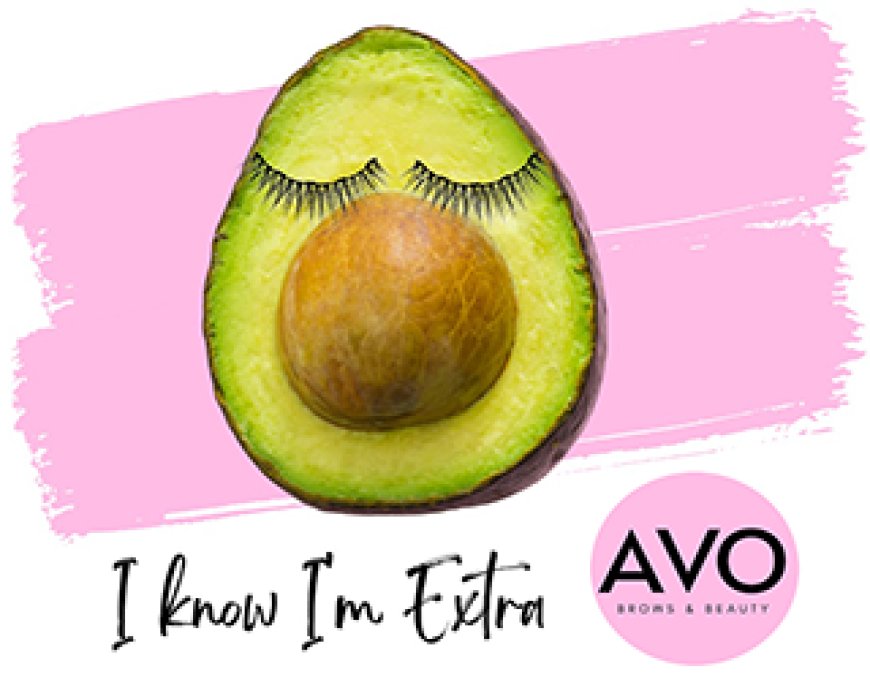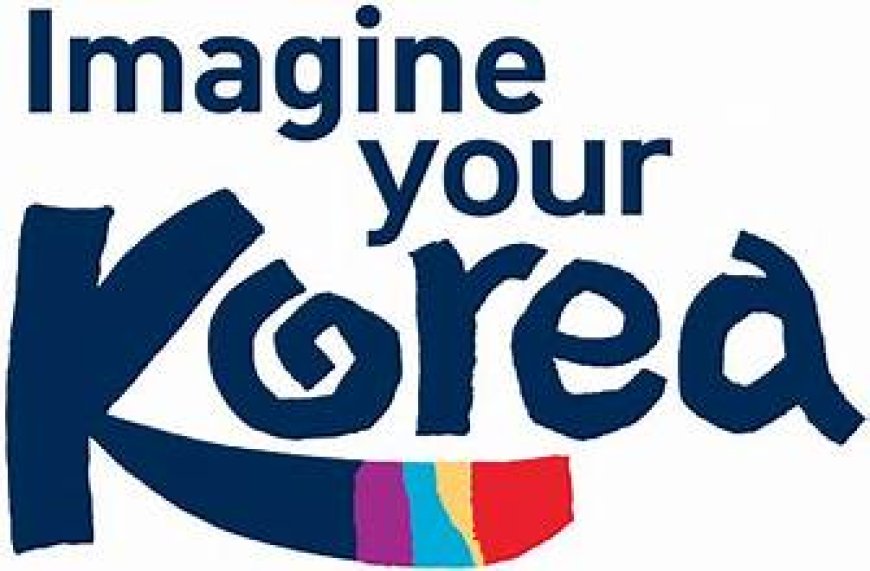Why Communication Skills Matter More Than Ever in Nursing?
Communication skills have always been important in healthcare. Given that many patients are afraid of the potential prognosis, you need to calm them and provide reassurance. Knowing what to say and do is also important for a nurse advocate, as you often have to cooperate with numerous stakeholders to achieve your goals.
While open communication is usually the best approach, you must also be careful not to overwhelm patients. You must find a balance between knowing when to joke and when to be serious. Many of these skills require years to develop, but the good news is that anyone can polish them with some practice and self-awareness.
Providing Emotional Support
Many patients consider working with healthcare providers to be high-stress situations. This is especially true if you’re suffering from a complex or chronic disease. In the end, no matter how great a doctor is, you might still feel anxious when visiting their office.
By conveying empathy, you can provide much-needed reassurance that will help them pull through the treatment. In fact, that extra boost of morale can make all the difference, helping a patient combat potentially lethal conditions.
Healthcare providers must be great active listeners. You should encourage communication, making sure that a patient never feels rushed during appointments. You have to be aware of your non-verbal cues and facial expressions, as they are every bit as important as the things that come out of your mouth.
Minimizing Errors
Patient safety is always the first priority for healthcare providers. Unfortunately, errors can occur at any time and are often caused by miscommunication. For example, a patient might misunderstand the instructions they’ve received from their doctor. A problem might be caused by miscommunication between healthcare providers.
This is why medical providers must do everything in their power to improve and document communication. A common solution is to use specialized tools such as SBAR (Situation, Background, Assessment, and Recommendation), which would allow you to standardize these situations and minimize errors.
Doctors must be certain that a patient has understood their instructions, even if they have to repeat themselves several times. Similarly, other healthcare providers are responsible for contacting the doctor who issued the diagnosis and seeking assistance in specific situations.
Improving Team Communication
Team effort is necessary when treating various conditions, especially the complex ones with ambiguous symptoms. A patient must feel safe knowing that several doctors, nurses, nurse advocates, pharmacists, and social workers are collaborating to help them out. Everyone has to be on the same page and avoid innate bias.
Most importantly, healthcare providers must put their ego aside and do what’s best for the patient. They must listen to other professionals and incorporate their feedback to improve the treatment plan. During team meetings, healthcare providers can prevent conflicts of interest and opinion and eliminate duplication errors.
Assertive communication is especially important for nurse advocates, as they know best what the patient needs. Any miscommunication can be disastrous, as it can lead to unnecessary stress and tension, compromising the care the person receives.
Empowering Patients
Today, more than ever, patients are encouraged to seek assistance from external providers. As mentioned, nurse advocates have become an integral part of the treatment process, assisting those who are suffering from chronic and complex diseases. Besides assisting patients, they also work with their families to find the best solutions for everyone.
Some of their tasks include explanation of procedures and devices, assistance with insurance, and conveying information to healthcare providers. Patient advocates have a direct line of communication with patients that extends beyond work hours, making them their first and last line of defense.
The great thing about nurse advocates is that they can simplify otherwise complex medical jargon. A lot of patients struggle to understand what’s happening, from the biological process to the potential effects of treatments. Through education, we can ensure better outcomes and faster recovery.
Navigating Cultural Diversity
Cultural and language barriers are common reasons for patient-doctor miscommunication. Even when there’s goodwill on both sides, errors might occur because a patient hasn’t understood instructions, or because a hospital representative improperly conveyed them.
Ideally, this challenge can be resolved by hiring medical staff with diverse backgrounds. Today, the US healthcare workforce includes numerous foreign professionals, many of whom speak multiple languages. Furthermore, Americans are encouraged to learn another language, whether it’s Spanish or something else.
Another way to resolve potential conflicts is to hire translators or use specialized tools. Software, in particular, is a simple solution that can work for obscure languages. Medical staff can also acquire cultural competencies that would prevent them from making wrong assumptions, while helping them modify their communication to meet patients’ needs.
Supporting Mental Health
Medical jobs put an enormous strain on both mental and physical health. Burout is a common occurrence, which was especially noticeable during the COVID epidemic. Building a culture of open communication benefits all providers by minimizing isolation, fostering mutual support, and improving well-being.
Mental health support is especially important after traumatic events, as it enhances emotional processing. Improved communication also builds bonds among team members, fostering a sense of camaraderie that will eventually benefit patients.
Encouraging Growth and Leadership
Mastering communication is an essential skill for everyone who wants to become a leader. Furthermore, it allows you to transfer to other medical fields or to improve within your field of expertise. Doctors and nurses leaders often become advocates for patients, hospitals, and the industry as a whole, sharing ideas and offering education.
After further education, medical professionals can transition into research. They can write documents and white papers for other professionals to read and speak at major medical events.
How to Master Communication?
Anyone can master communication in just a few simple steps. The best way to start is by becoming an active listener and vocalizing your thoughts clearly and concisely. It is also a good practice to put yourself in a listener’s shoes to better understand their perspective and innate needs.
The post Why Communication Skills Matter More Than Ever in Nursing? appeared first on Entrepreneurship Life.













